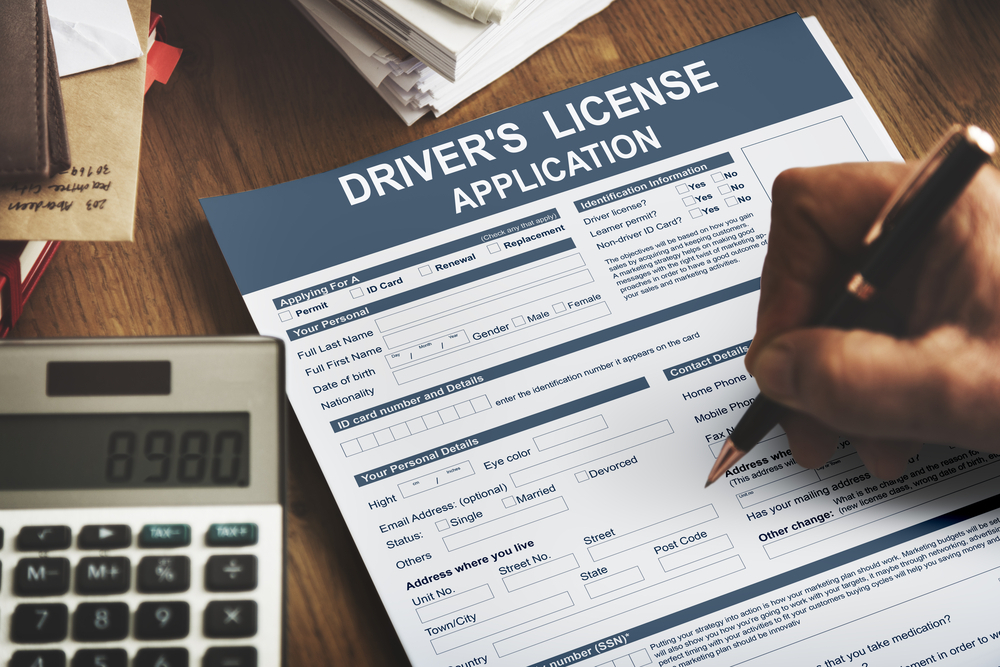
Among the many questions we receive here at Best Electric Bikes about riding and owning e-bikes, this may be the single easiest question to answer: No. That’s the short answer, the bottom line.
That’s not to say that there aren’t laws that govern e-bikes. Depending on the state, there are laws that govern who can ride, where they can ride and under what conditions. This won’t be as fun as reading a Stephen King novel, but the laws on the books intend to make riding an e-bike safer and more enjoyable, so knowing what they say is good for anyone riding an e-bike.
For anyone who wants to skip directly to what the laws are in their home state, click here to go to People for Bikes, who have compiled all the relevant info from our 50 states.
Who can ride an e-bike?
While there are no laws requiring riders to pass a test to earn a license, that’s not to say everyone is allowed to ride an e-bike. In most states, riders must be at least 16 years old to legally ride an e-bike. Again, that’s most states, not all. In Minnesota, the age is 15, while in Louisiana children as young as 12 may legally ride them.
In some cases, the restrictions apply only to Class 3 e-bikes, such as in North Dakota, where a rider under the age of 18 must wear a helmet to ride a Class 3 e-bike. In Arizona, Florida, Idaho, Nevada, New Jersey, New York, and Wyoming there are no age restrictions on who can ride an e-bike.
How many laws are there?
People for Bikes tracks 16 different laws and restrictions regarding the use of e-bikes. Not every state has addressed each of these, but most states have addressed the majority of these.
Many of the existing rules apply to Class 3 e-bikes. The laws range from requirements to wear a helmet to restrictions preventing them from being ridden on bike paths.
Local ordinances
Of course, in addition to state laws, many cities have passed their own laws that apply additional restrictions on where e-bikes may be ridden or who may ride them.
Some of the laws can seem like a holdover from another era. The California city of Atherton in the Bay Area still has a law on the books requiring people to register their bike the way people register their car. While it’s unlikely that this is enforced today, the smart rider will look up local rules to be in the know. Remember, should someone wind up with a citation, lack of knowledge isn’t a workable defense.
Common sense
As we observed in our opening, the great majority of the laws on the books regarding e-bikes are intended to preserve the safety of the rider, and in some cases, the safety of people who are in proximity to riders, like other bike path users.
Reasonable, prudent people are unlikely to find any of the laws anywhere to freedom-limiting; they are generally the sort of precautions most of us would come to on our own, like making our kids wear a helmet if they will be riding an e-bike.


Leave a Reply